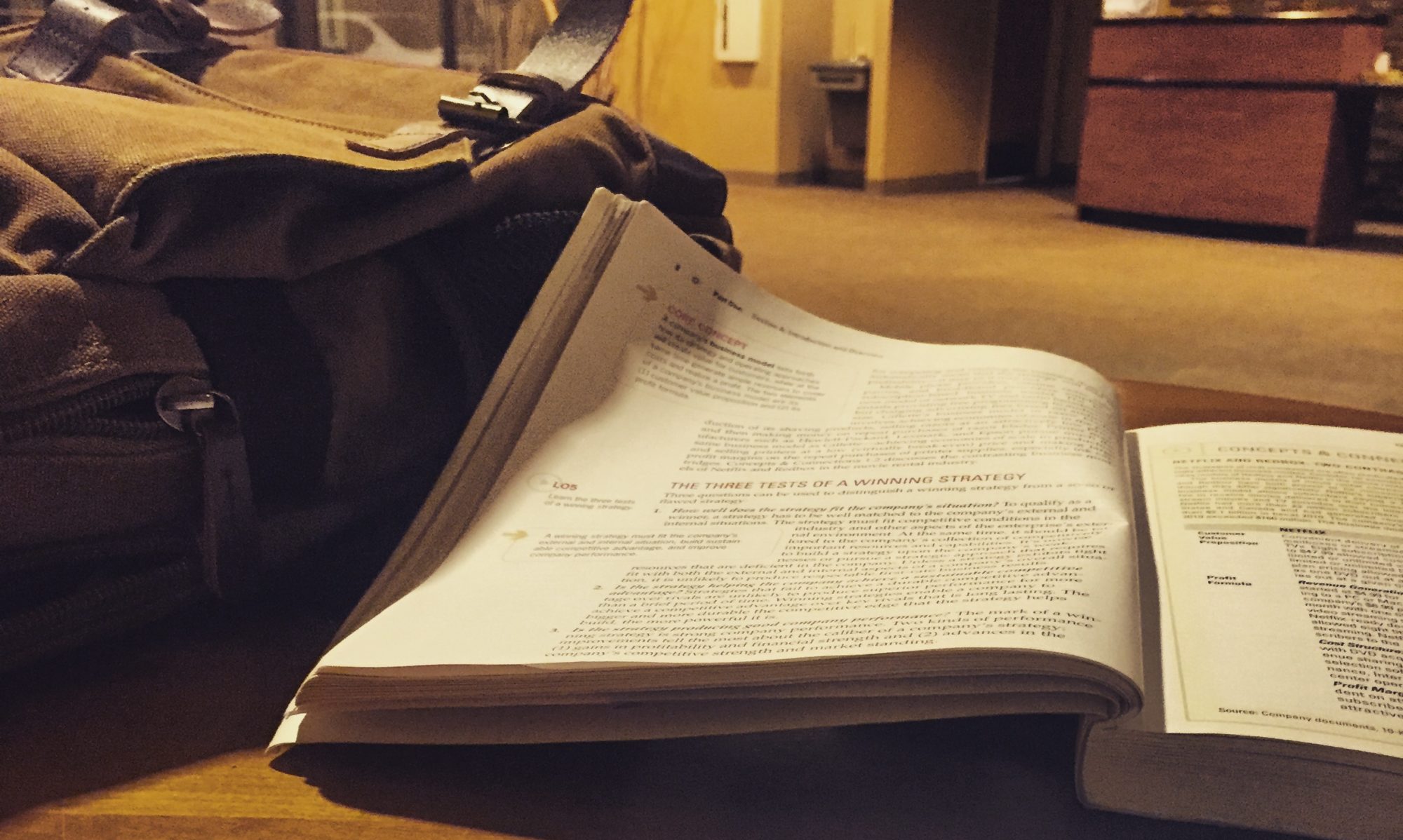
You can’t patent an abstract idea… but can you patent the processing of that idea through a computer?
In a 9-0 ruling today, the Supreme Court says “not entirely” (here in PDF form)
In the case “Alice Corporation vs CLS Bank”, Alice Corporation maintains a series of patents on processes used to mitigate the risk of a settlement in a transaction. Essentially (if I’m reading this right) a process for making sure both parties in a transaction meet their obligation.
The court determined that the concepts behind the process were not patent eligible (affirming lower court rulings along the same lines), and that simply processing them through a computer did not add to that eligibility.
From the court decision:
We hold that the claims at issue are drawn to the abstract idea of intermediated settlement, and that merely requiring generic computer implementation fails to transform that abstract idea into a patent-eligible invention.
What this means:
This seems to open the floodgate to challenges on hundreds of thousands of software patents, according to some.
More via:
